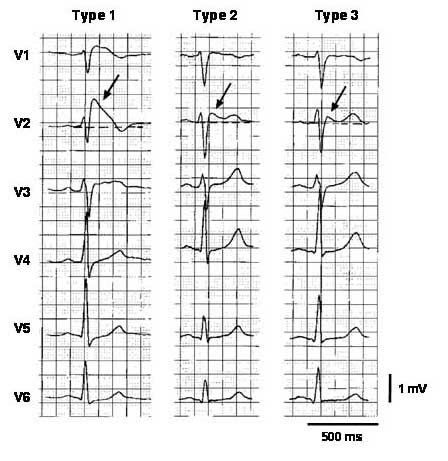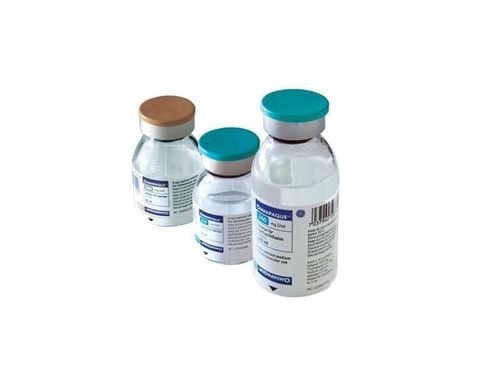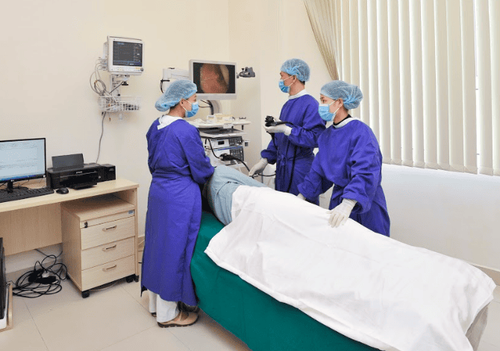This is an automatically translated article.
Learning your family's health history can help your doctor order the screening tests that are best for you. Family members can work together to get a complete family medical history.
1. What is the question to take the medical history?
To get a family history, you need to call or ask directly your parents, siblings, as well as grandparents, aunts, uncles, nieces and nephews and half-sisters. and cousins. You can proactively create a medical history check list during family gatherings, vacations, or whenever you're reunited. Questions for your loved ones to ask include:
How old are you this year? Do you have any chronic health problems, such as heart disease, diabetes, kidney disease, bleeding disorders, or lung disease? Do you have high blood pressure, high cholesterol or asthma? Do you have a serious medical condition, such as cancer, stroke, Alzheimer's/dementia, a genetic reproductive disorder, or osteoporosis? What is the age at being diagnosed with each disease? If there is a disease, has it been controlled? How is the treatment? In addition, you can also ask questions about other relatives, such as:
What country are the foreign relatives from? What health problems did the deceased relative have while they were alive? At what age was it diagnosed? At what age did a loved one die? What is the cause of death of a deceased relative? However, it should be remembered that some family members may not be comfortable disclosing personal health information.
If you do not know the illness or cause of death of a deceased loved one, do not guess the answer. An incorrect prediction can be difficult for the doctor. Missing some details is better than being complete but not exact.
In case you are adopted, ask the adoptive parents if there is any information about your biological parents? The adoption center may also keep family medical information on file, which you can discuss directly with them to get your biological family medical history.

Để có được tiền sử bệnh trong gia đình, bạn cần gọi điện hoặc hỏi trực tiếp cha mẹ, anh chị em...
2. The role of medical history and periodic health examination
Currently, most of the hospitals in the world have a routine health check-up service for all ages, which requires information about medical history. Medical history, along with clinical and laboratory examination results, family, occupational and epidemiological factors,... help the doctor diagnose the disease, prescribe treatment methods as well as prescribe medications appropriately. timely, objective, prudent and scientific.
Diagnosis and early detection of diseases play a very important role, especially for some cancers. For example, if lung cancer is detected and treated early from stage IA, the 5-year survival rate can be over 30%. But when detected and treated late in stage III, the 5-year survival rate is only 2-4%.
Similar to other diseases, if diabetes is detected early, people can avoid dangerous complications in the kidneys, eyes, blood vessels and foot infections that can cause disability and even death.
Periodic check-up also helps in early diagnosis of other conditions such as cirrhosis of the liver, hypertension, kidney failure, cardiovascular disease, endocrine and neurological disorders... Thanks to that, the doctor will have the right treatment strategy. properly, advise the patient with the necessary advice and cure the disease completely. Counseling information usually includes: lifestyle changes, environment, working methods, physical exercise, hygiene and eating appropriate for each disease.

Khám tổng quát định kỳ cũng giúp chẩn đoán sớm những tình trạng khác
In particular, the subject that needs a medical history check and a periodical medical examination is a person over 40 years old and has the following conditions:
Men who smoke a lot have a very high chance of lung cancer, need an X-ray - Regular chest x-ray every 6 months will help early detection; People who work in a humid, hot environment in the tropics are at risk of developing tuberculosis, so taking a chest X-ray every 6 months also helps to detect the disease early; People who are obese have a nearly 40% risk of developing type II diabetes, so blood glucose and urine sugar should be tested regularly; Women with multiple births or a history of reproductive tract infections need colonoscopy to screen for cervical cancer; Single women need regular breast ultrasound every 3-6 months to detect common malignant breast cancer early, increase the chance of cure.

Đối tượng rất cần kiểm tra tiền sử bệnh và khám sức khỏe định kỳ là người trên 40 tuổi
3. Vinmec's general health check-up packages
Vinmec International General Hospital is currently implementing a lot of supplementary examination packages along with the General Health Checkup Program, bringing countless benefits to users. General health check-up packages are divided into many categories such as:
Diamond general health check-up package Vip general health check-up package Special general health check-up package Comprehensive general health check-up package Health check-up package Standard overview The advantage of medical examination at Vinmec is that customers will be screened and screened by a system of modern equipment to help support the best diagnosis today, such as PET/CT, MRI, etc. CT 640, the world's leading advanced ultrasound system, international standard laboratory system,... After a general examination, if any diseases are detected, customers can use the service. from other specialties at the hospital with outstanding quality of treatment.
Taking a medical history in combination with regular physical examination is the best way to protect health, recommended by many medical experts.
Reference source: webmd.com
Please dial HOTLINE for more information or register for an appointment HERE. Download MyVinmec app to make appointments faster and to manage your bookings easily.













